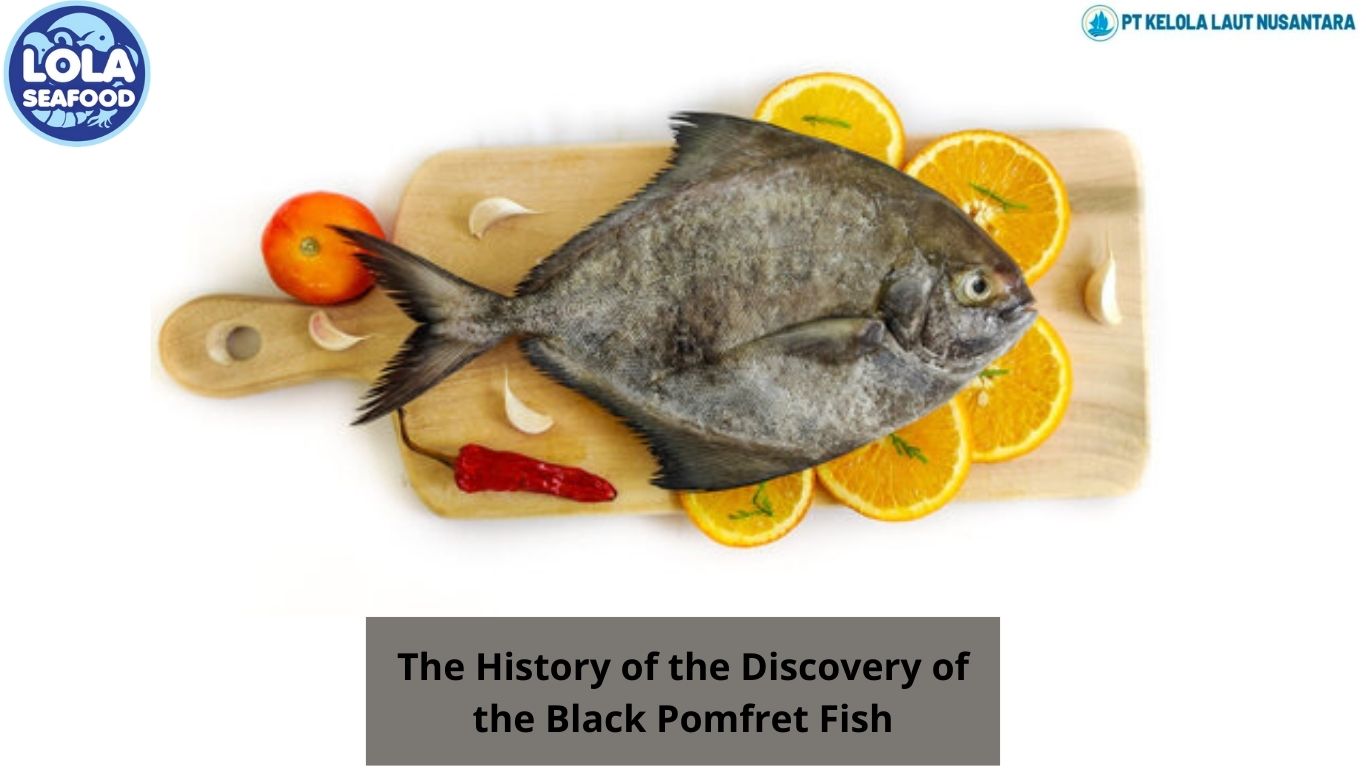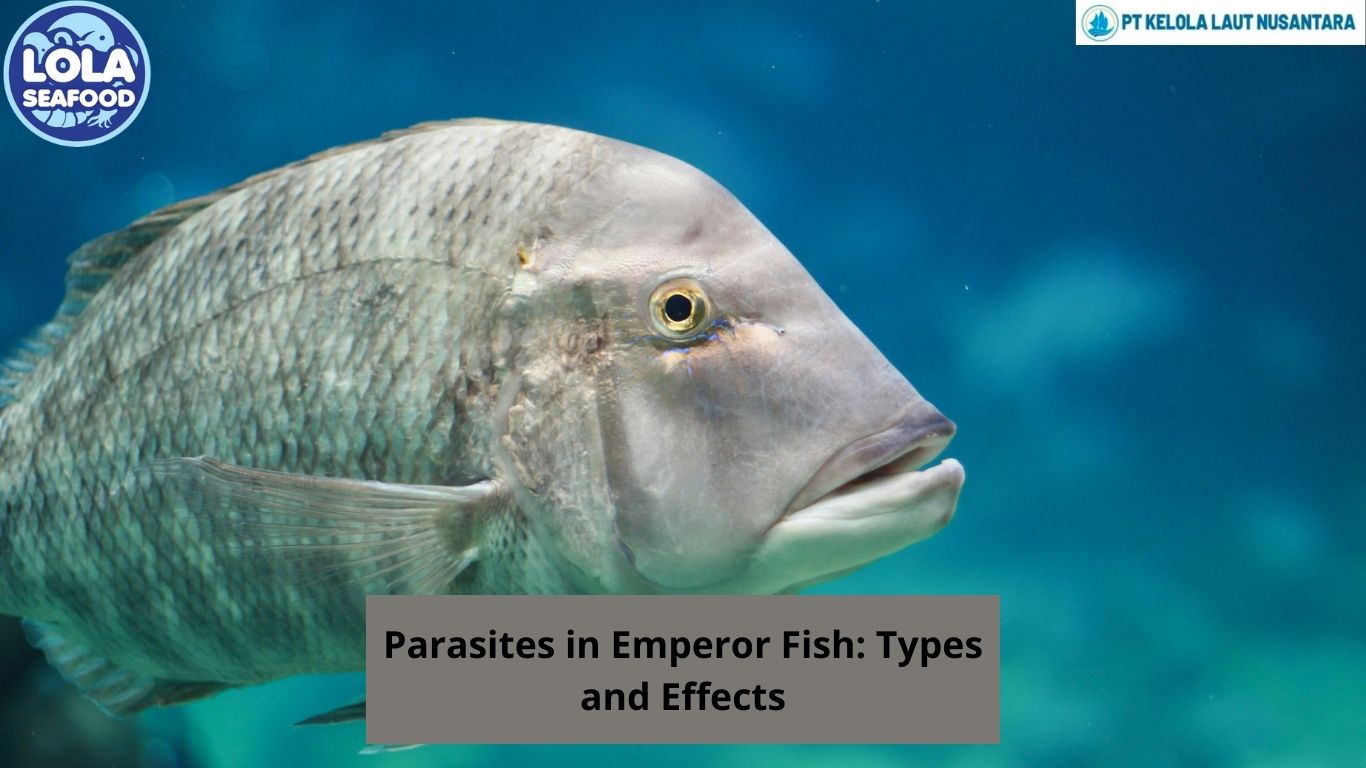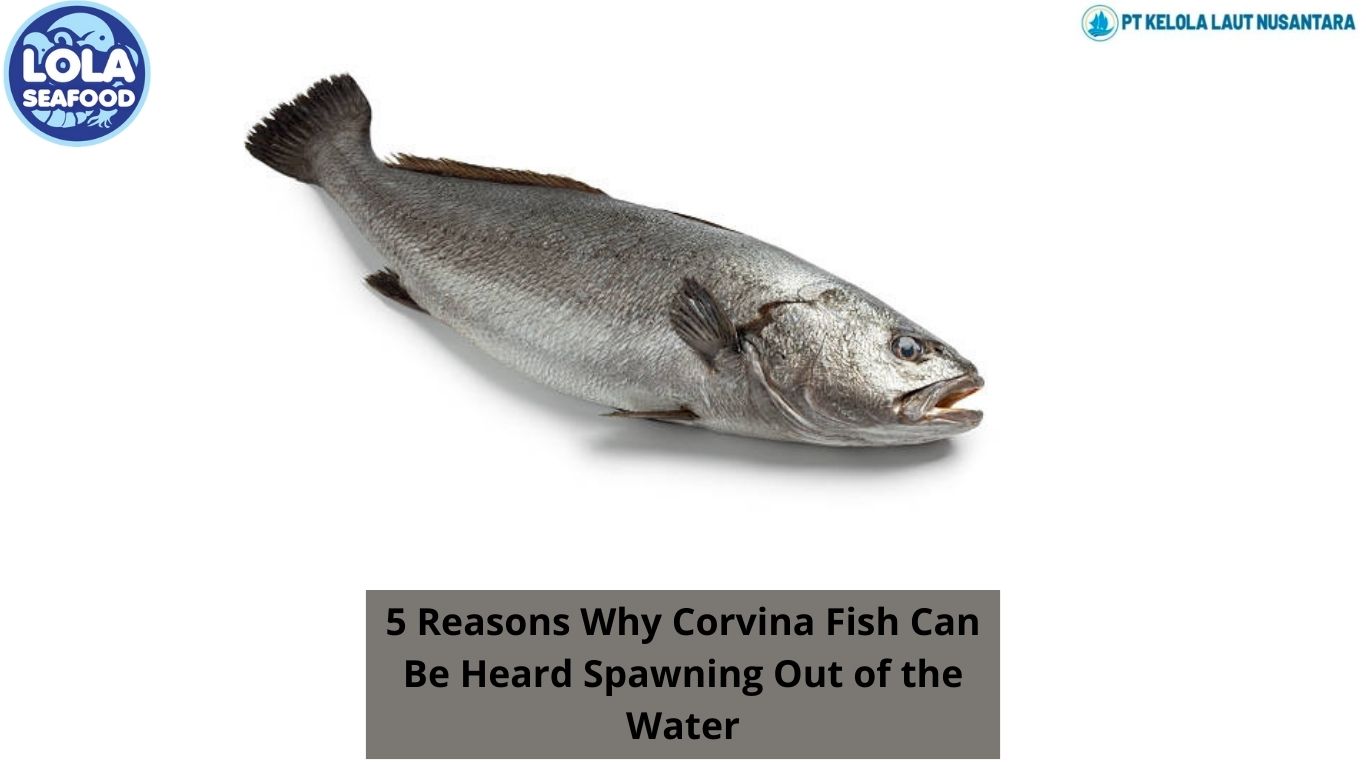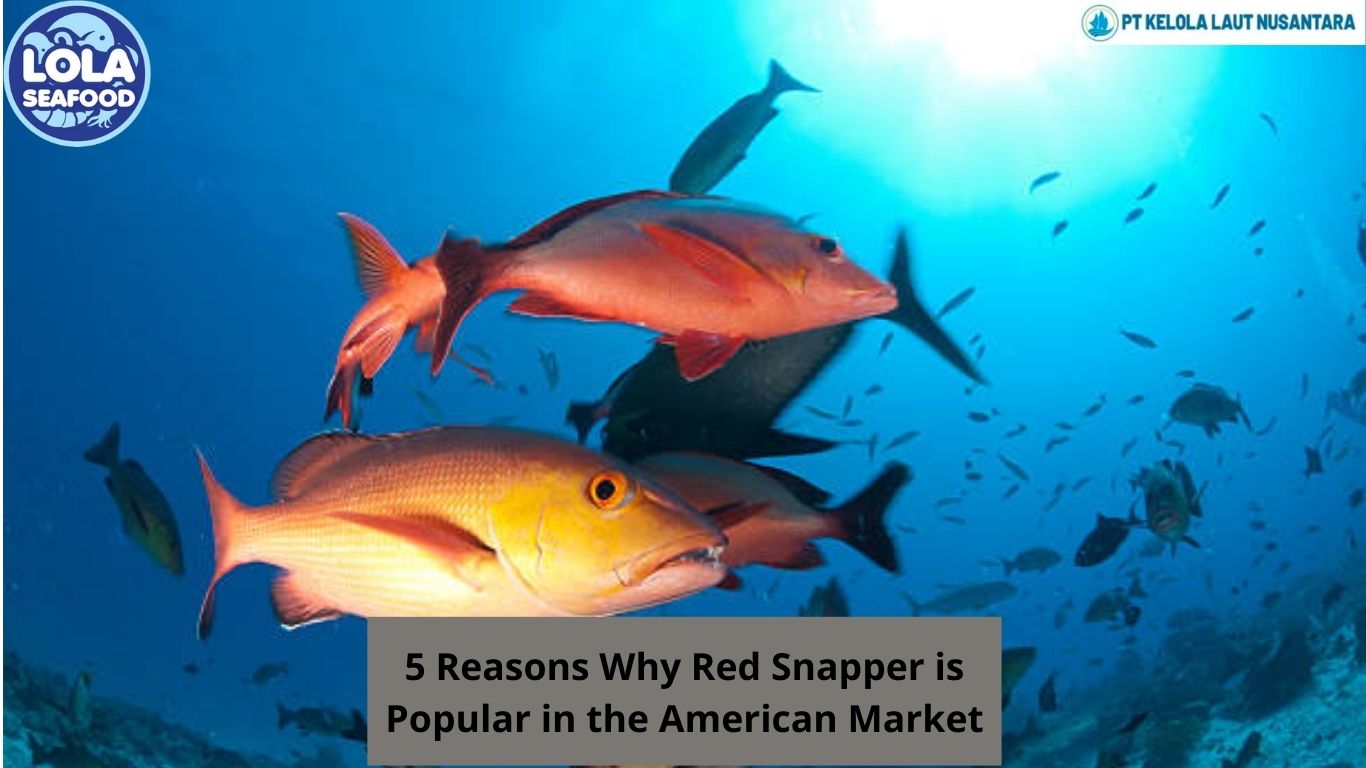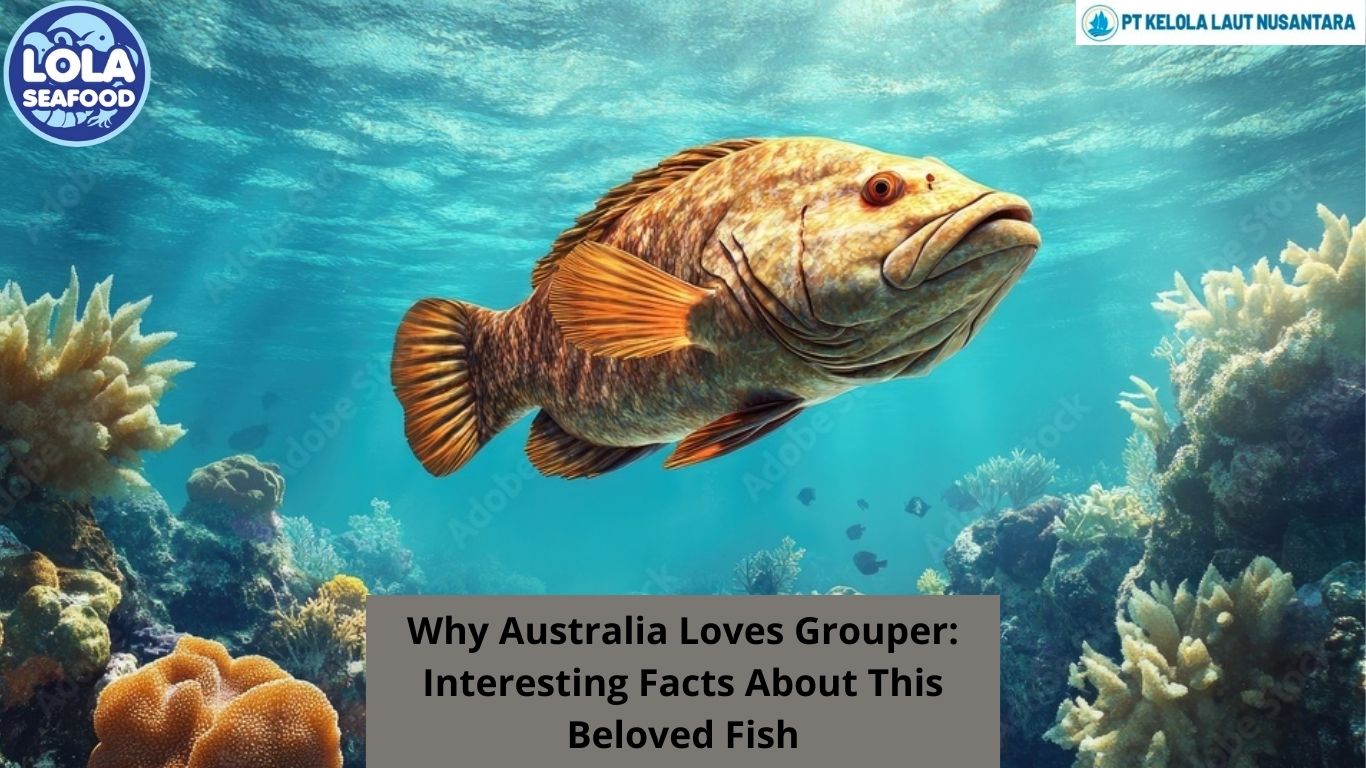Here's What You Should Know About the Dangers of Illegal Shark Hunting
By. Sofie Thoriq - 07 Mar 2025
Kelolalaut.com Sharks, apex predators that have roamed our oceans for millions of years, are facing an unprecedented threat: illegal hunting. Driven by the insatiable demand for shark fins and other products, this illicit activity is not only decimating shark populations but also wreaking havoc on marine ecosystems. Understanding the dangers of this practice is crucial to safeguarding these vital creatures and the health of our oceans.
The primary driver of illegal shark hunting is the lucrative trade in shark fins, used to make shark fin soup, a delicacy in some cultures. This demand fuels a brutal practice known as “finning,” where sharks are caught, their fins are sliced off, and their bodies are discarded back into the ocean, often while still alive. This cruel and wasteful practice results in the agonizing death of millions of sharks annually.
Beyond finning, sharks are also targeted for their meat, cartilage, and liver oil.
While some legal, regulated fishing exists, illegal operations often bypass quotas and restrictions, leading to unsustainable exploitation. The lack of proper monitoring and enforcement makes it difficult to track and combat these activities, allowing them to flourish in the shadows.
The consequences of illegal shark hunting are far-reaching and devastating.
Firstly, it leads to a rapid decline in shark populations. Many shark species are slow-growing and late to mature, making them particularly vulnerable to overfishing. This depletion disrupts the delicate balance of marine ecosystems. Sharks play a crucial role in regulating fish populations, preventing any single species from dominating and maintaining biodiversity.
The removal of sharks can trigger a cascading effect, leading to imbalances throughout the food web. For instance, the absence of sharks can cause an increase in their prey species, which in turn can deplete other resources like commercially important fish stocks. This can have significant economic repercussions for coastal communities that rely on fishing.
Furthermore, illegal shark hunting often involves unsustainable and destructive fishing methods. These methods, such as longlines and gillnets, can indiscriminately catch other marine animals, including endangered sea turtles, marine mammals, and other non-target species. This bycatch contributes to the overall decline in marine biodiversity and further damages fragile ecosystems.
The illegal nature of these operations also poses a significant challenge for conservation efforts. Lack of transparency and accurate data makes it difficult to assess the true extent of the problem and implement effective management strategies. This creates a vicious cycle where illegal activities continue unchecked, further jeopardizing shark populations.
Combating illegal shark hunting requires a multi-faceted approach. Strengthening international regulations and enforcement is crucial. This includes stricter monitoring of fishing activities, increased penalties for illegal fishing, and improved traceability of shark products.
Raising public awareness about the dangers of illegal shark hunting is also essential. Educating consumers about the environmental impact of their choices can help reduce the demand for shark products. Supporting sustainable fishing practices and alternative livelihoods for fishing communities can also contribute to long-term solutions.
In conclusion, illegal shark hunting is a serious threat to marine ecosystems and biodiversity. Understanding the dangers of this practice is the first step towards taking action to protect these magnificent creatures. By supporting conservation efforts, promoting sustainable alternatives, and raising awareness, we can help ensure that sharks continue to play their vital role in our oceans for generations to come.
If youre interested in our Gummy Shark Fillet , Shark Belly , Shark Cartilage , Shark Fillet , Shark Flake please do not hesitate to contact us through email and/or whatsapp.
